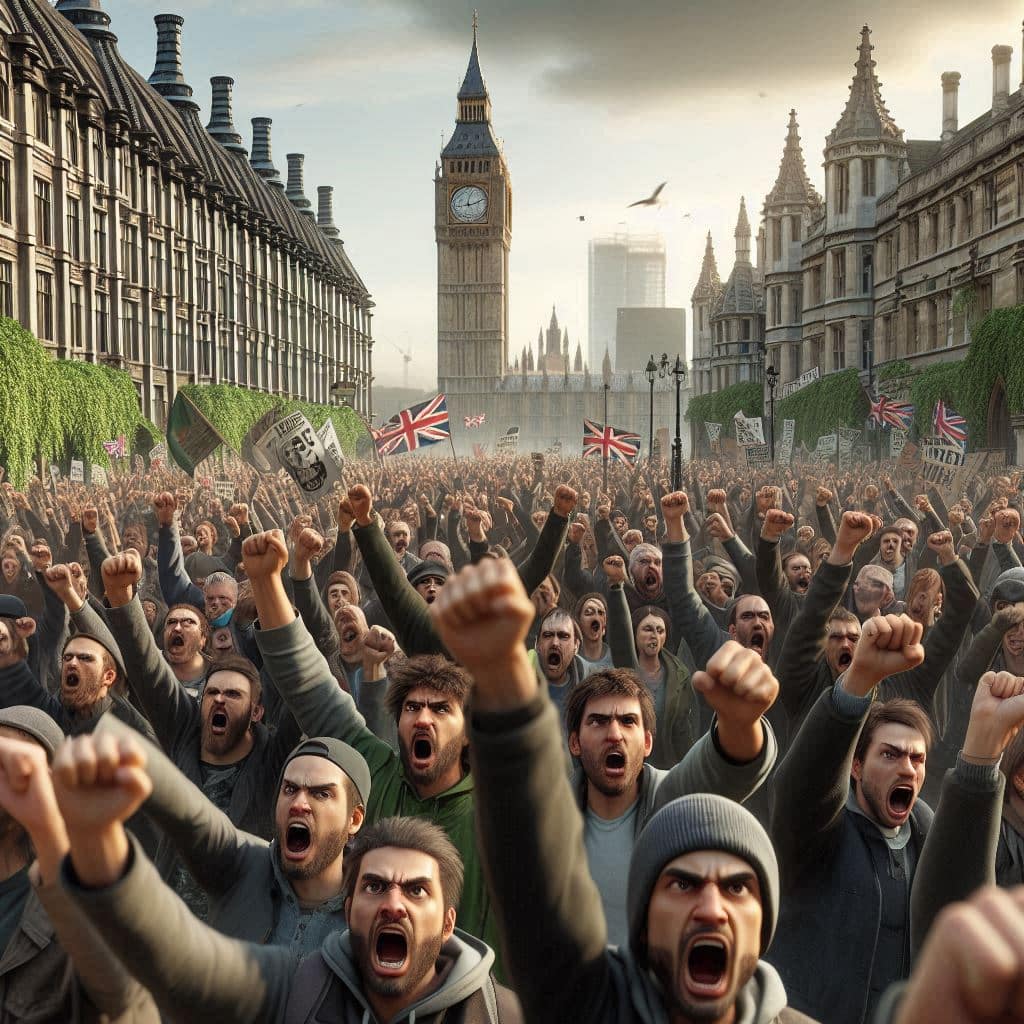Are “populists” really our main problem? A critique of Nils Karlson’s “Reviving Classical Liberalism Against Populism”
SUGGESTED


Apart from its treatment of populism, Karlson’s book is very good, particularly in probing the question: can classical liberalism be sustained if it does not answer people’s search for meaning? This question leads to other questions, and Karlson wrestles insightfully with the challenges.
The treatment of populism, however, troubles me. I have expressed my doubts to Karlson many times, as he and I are old and close friends.
At the heart of our disagreement is a difference between how Karlson perceives today’s threats to liberal civilization and how I perceive them. In my perception, the term “populism” is, above all, now a watchword used against movements and developments that challenge the most dangerous and most powerful anti-liberal forces today. Those forces are more dangerous than Javier Milei, Jair Bolsonaro, Donald Trump, Nigel Farage, or Viktor Orbán. Such individuals are reviled as “populists”.
What are the most anti-liberal forces today and why are they so dangerous to liberal civilization? I leave that as a homework assignment. Meanwhile, Karlson’s treatment of populism arrives at: “Populism bad”. In that way, his book plays into the hands of the most dangerous anti-liberal forces. Karlson thinks otherwise, and that is at the heart of our disagreement.
The conversation begins by Niemietz asking Karlson to define populism. Karlson makes a list of features, each of which is necessary to terming a political leader or movement “populist”. One feature is badness, from a classical liberal perspective. Hence, Karlson defines populism as necessarily bad.
Karlson does not provide a good reason for that necessary feature. He advances his definition and that’s that. It is a semantic move away from a more conventional semantic of populism. The definition I give in my article “One Cheer for Populism” accords with long-standing semantic conventions:
“A political movement is populist when it portrays itself as being in opposition to corrupt elites. The elites that matter here are especially those of governmental structures. Populists suggest that a governing class have ensconced themselves into positions of power, that the elites network with one another to serve their own interests rather than the common interest, that they have abused their powers.”
Something like that is in Karlson’s mix. To that natural definition, however, Karlson has added features that get him to “populism bad”.
One of the features of populism that Karlson posits is framing political groups as Us versus Them. It is ironic because Karlson does that too—Us classical liberals are necessarily at loggerheads with Them populists.
Javiar Milei has frequently been called a populist, and according to the conventional definition, he is indeed. Moreover, Milei is widely regarded as classical liberal. The Milei phenomenon, and the question of how it fits into Karlson’s treatment of populism, comes up in the video. The proper way for Karlson to respond to that question would have been to say plainly that, in his terminology, Milei is not a populist, since Milei is classical liberal. But Karlson does not say that. Perhaps he does not say that because doing so would make it very clear that he defines ‘populism’ idiosyncratically. In response to the Milei challenge, Karlson says that he wishes Milei luck. That is a nonanswer to the challenge.
Karlson’s contributions to classical liberalism have been and continue to be prodigious. He has long grappled with the challenge of making true liberalism important to people. Everyone seeks to make their doings meaningful. How can classical liberalism make itself meaningful to people—not merely coherent or even persuasive, but meaningful in the sense that people are prepared to make sacrifices to defend it? These issues—which fill the second half of Karlson’s book—constituted, I think, the initial impetus, and, in developing the book, Karlson slipped into thinking that classical liberalism faced its greatest threat in something called “populism.”
Daniel Klein is professor of economics and JIN Chair at the Mercatus Center at George Mason University. He is also an Associate Researcher at the Ratio Institute (Stockholm).



